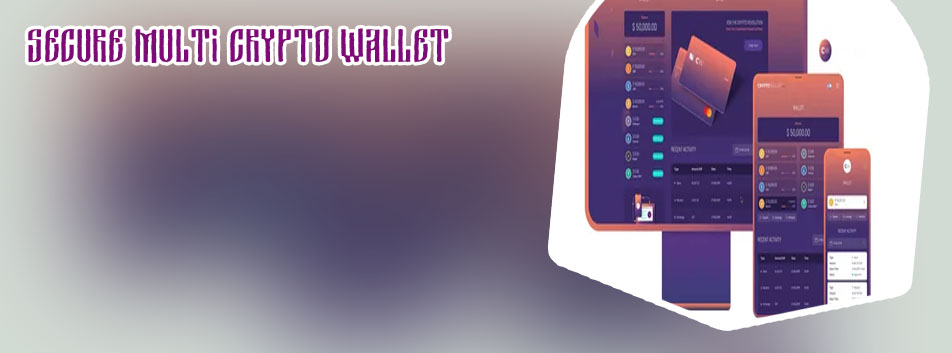
Top 5 Best Hardware Wallets for Cold Storage Solutions
Where can i buy a crypto wallet
Software Wallets (also referred to as hot wallets/storage given their ready connectivity to the internet) have keys stored in an app or other software. These wallets can be accessed through the cloud, mobile apps, or computer desktop installations. You can manage all your digital assets in one place, control your private keys, send and receive crypto from anywhere in the world, interact through usernames rather than long public key addresses, and shop anywhere they accept cryptocurrency. Software wallets are also more vulnerable to hacks and viruses. Tokenization, the process of converting real-world assets (RWAs) into digital tokens, has gained significant momentum in both traditional… If you’re looking for the ultimate in control and privacy, non-custodial wallets are what you need. They provide complete control over your public and private keys — and your funds. Nobody has access to your non-custodial crypto wallet but you, which means you’re solely responsible for keeping it safe.While some people store large amounts of crypto on custodial exchange accounts, non-custodial wallets eliminate the need for a third-party between you and your crypto. Non-custodial wallets can be accessed through a web browser, or they can take the form of software for desktop and mobile devices.
How Do Cryptocurrency Wallets Work?

Crypto wallet online
There's one problem with hot wallets, but it's a big one. Because they store crypto online, they carry the risk of being hacked. Even though the odds of this are low and plenty of people use hot wallets with no issues, it's probably not a risk you'd want to take with significant crypto funds. Disadvantages of crypto wallets Guarda is one of the best desktop wallets out there for Bitcoin users. The wallet allows you to store your private keys on your desktop, giving you full control of your Bitcoin assets.
Best crypto wallet